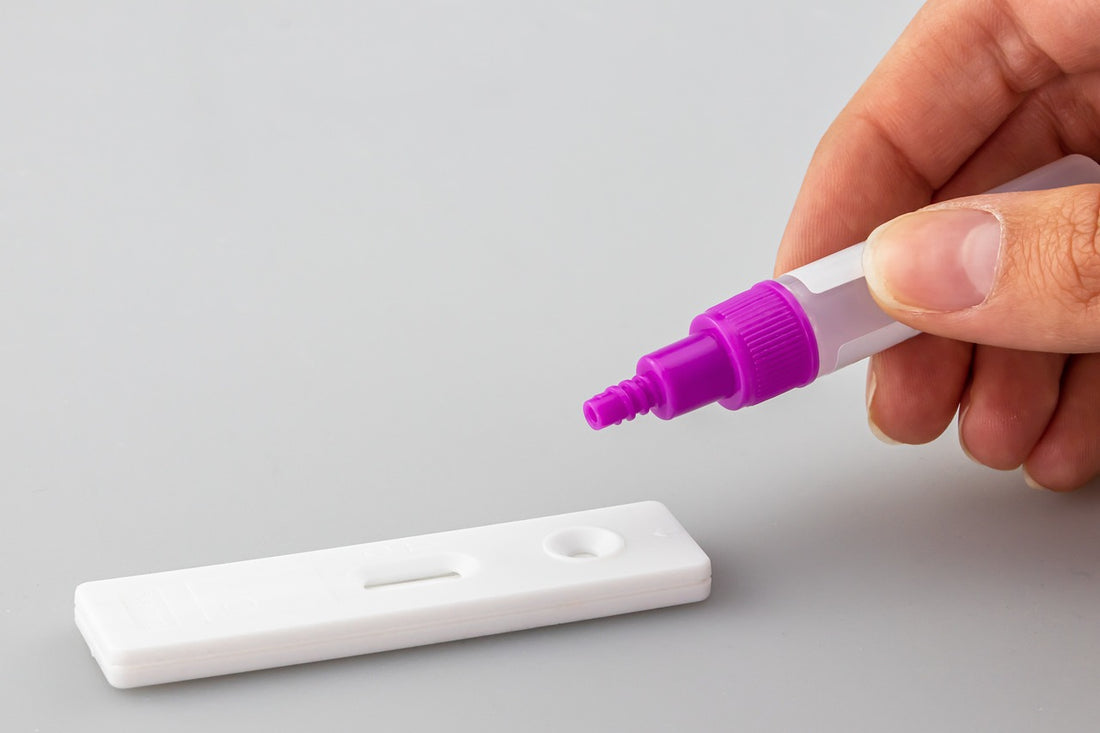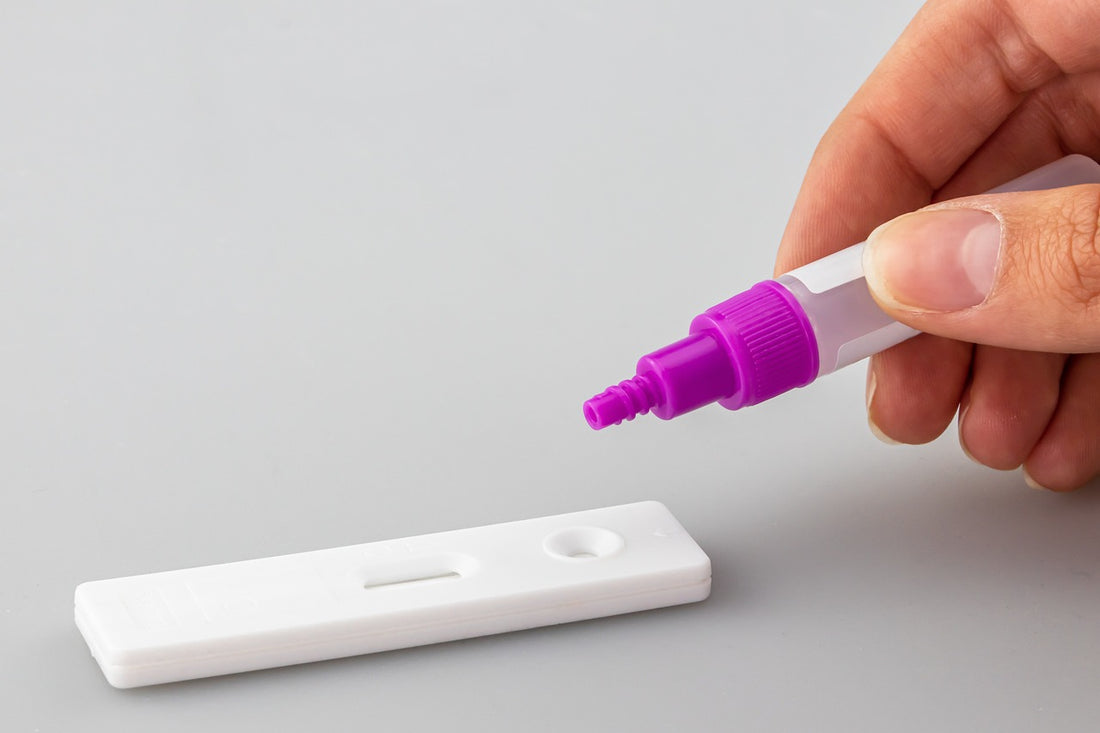
Testing Matters, Even If You Trust Your Teen
Daniel PattersonTrusting your teen is a fundamental part of building a strong, healthy relationship, but even in the best relationships, substance testing can still play an important role. Testing doesn’t have to undermine trust—it can be part of a proactive approach to keeping your teen safe and providing support as they navigate the pressures and challenges of adolescence. Even if you fully trust your teen, testing can be seen as a tool for prevention, accountability, and open communication.
Here are several reasons why substance testing matters, even when trust is strong.
1. Substance Use Is Often Linked to Peer Pressure
Peer pressure can be a powerful force, even for teens who are otherwise responsible. According to the National Institute on Drug Abuse (NIDA), teens are more likely to experiment with substances if they believe their friends are using them. Testing provides an extra layer of accountability, helping teens resist peer pressure and make informed choices.
What You Can Do:
- Frame testing as a support tool, not a punishment. Explain that it helps teens navigate situations where peer pressure may arise, saying, “I trust you, but I know it’s tough to say no when friends are involved.”
- Reinforce that testing is about ensuring safety, not about suspicion.
2. Early Detection Prevents Long-Term Problems
Substance use can start small but lead to more significant issues if left unchecked. Testing can help identify potential problems before they escalate, giving you the chance to intervene early. According to the Substance Abuse and Mental Health Services Administration (SAMHSA), early detection of substance use increases the likelihood of successful intervention and prevents long-term consequences.
What You Can Do:
- Present testing as a way to keep small issues from becoming big ones. Say, “Testing gives us a chance to catch anything early, so we can address it before it becomes a problem.”
- Focus on the health aspect of testing rather than suspicion or distrust.
3. Testing Opens the Door to Honest Conversations
Testing doesn’t have to feel like a confrontation. When done with clear communication and transparency, it can create opportunities for open conversations about substance use and peer pressure. According to Psychology Today, teens are more likely to engage in meaningful discussions about risky behavior when they feel that parents are focused on their well-being rather than just monitoring their actions.
What You Can Do:
- Use testing as a chance to talk about the pressures your teen may face. Ask questions like, “How do you feel about the peer pressure at school or in social situations?”
- Encourage your teen to share their thoughts and experiences openly, reassuring them that your goal is to support them.
4. It Creates Accountability Without Undermining Trust
Even if you trust your teen, testing can serve as a reminder that accountability is part of growing up. Teens are more likely to make responsible choices when they know they will be held accountable. According to the American Academy of Pediatrics (AAP), teens often respond well to structured environments where rules and expectations are clear, and testing can be part of that structure.
What You Can Do:
- Be clear that testing is a regular part of family safety rules, just like curfews or other guidelines. Say, “This isn’t about me not trusting you—it’s part of how we stay accountable to one another.”
- Reinforce that testing is a non-negotiable part of your family’s overall plan to stay safe and healthy.
5. Prevention Is Better Than Reaction
Even if your teen hasn’t shown signs of substance use, testing can act as a preventative measure, rather than something done only after a problem arises. According to Harvard University, prevention strategies, including regular testing, help reduce the likelihood of substance use by reinforcing family expectations and promoting healthy habits.
What You Can Do:
- Approach testing as a proactive measure. Say, “I know you’re responsible, and testing helps us stay on track and prevent problems before they start.”
- Reinforce that testing is about health and safety, not suspicion, and is part of your family’s overall wellness plan.
Conclusion
Testing for substances, even when you trust your teen, is about prevention, accountability, and keeping them safe. When framed as part of a supportive and transparent conversation, testing doesn’t have to undermine trust—instead, it can strengthen your relationship and give your teen the tools they need to navigate the pressures of adolescence. By focusing on health, safety, and communication, you can use testing to foster open dialogue and prevent issues before they arise.
References:
- National Institute on Drug Abuse. (2022). "Peer Influence and Teen Substance Use."
- Substance Abuse and Mental Health Services Administration. (2021). "The Importance of Early Detection in Preventing Substance Abuse."
- Psychology Today. (2021). "How to Use Substance Testing as a Tool for Open Communication." Retrieved from Psychology Today Website.
- American Academy of Pediatrics. (2020). "Teens, Accountability, and Healthy Boundaries."
- Harvard University. (2021). "Preventative Measures for Reducing Teen Substance Use."











